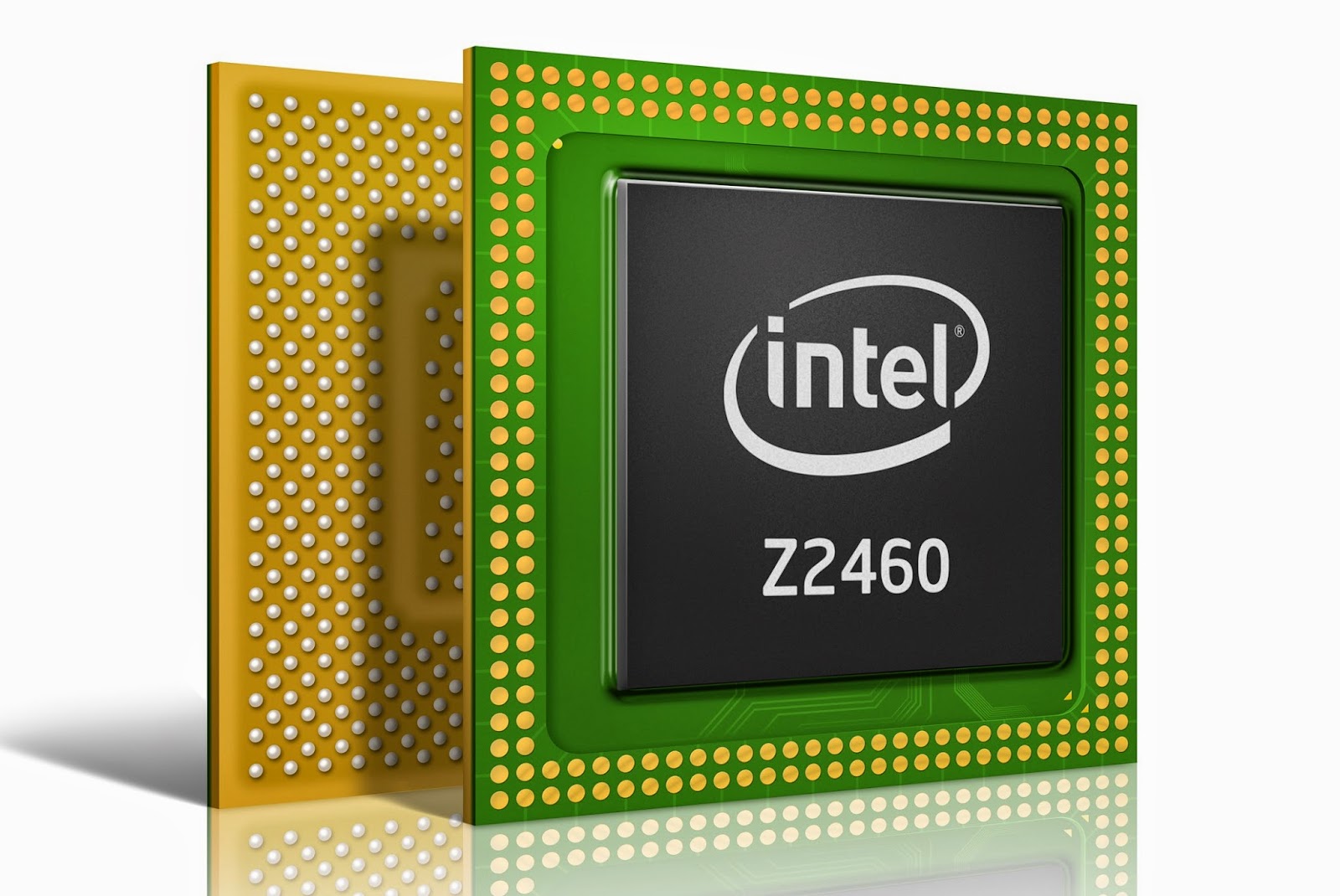- The microprocessor or commonly, the CPU or just processor—is the brain of a computer.
- It performs many calculations behind the scenes, ultimately allowing you to complete tasks as trivial as composing an e-mail to tasks as intensive as data analysis and modeling.
- Processors are encountered in many forms of consumer electronics.
- Most familiar to many are notebook and desktop computers as well as mobile devices such as smartphones and tablets.
- Though the processor is just one of the many physical components that comprise these products, it is arguably the most central to determining their overall "usefulness" into the future as software requirements become increasingly demanding.
UNDERSTANDING CPU FOR BEGINNERS
- Input is the process by which external data is entered into a computer.
- It is mainly provided by common input devices, such as a keyboard, mouse, scanner, or modem.
- Once the computer analyzes the input, that data is then processed and converted into output.
- Output is the end result of the processed data input into the computer system.
- It refers to a process by which the CPU sends data to installed devices, such as a monitor, printer, or even a running computer program.
- The output data can either be stored temporarily or permanently, meaning the computer must have a way to contain this data while processing is being performed.
- This is where memory comes in.
HOW A CPU WORKS ?
CPU HISTORY


No comments:
Post a Comment